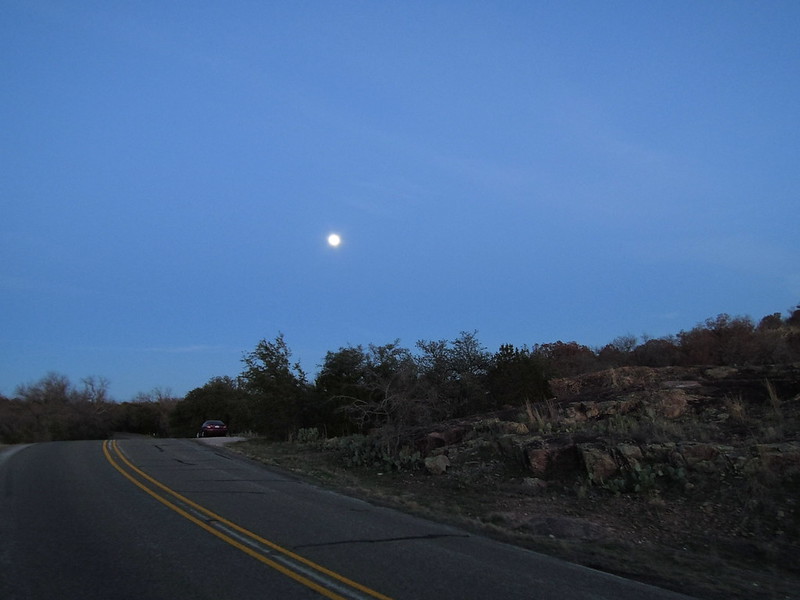A moonlit night near Inks lake. (And a test of Flickr image embedding…)
Tag: Flickr
Steve Ivy: The Voice in the Stream
My thinking’s focused on activity streams lately, thinking of them as lifestreams – increasingly people are putting their lives online through various social platforms like Twitter, Facebook, Twitter, etc. Also via blogs or similar structures for holding longer form content.
I found this post by Steve Ivy. He’s talking specifically about the third person perspective in autoposts that record users’ actions, vs content that users posts. Interesting point about Twitter – it’s mostly comments rather than actions (aside from location app checkins, e.g. Foursquare and Gowalla).
Steve doesn’t like the third person for these reports, but I’m not clear there’s a better way. Imagine a string of “I did this” posts – it’s more efficient and clear to say that “Jon did this,” rather than “I” with a signature or an avatar.
Good point about how the Flickr UI makes the third person reports less prominent, stressing their ambience relative to actual comments.
How much of this stuff do we really want to know? I want to have conversations with people online, I don’t necessarily care as much what they like or unlike, what they added to their Netflix queue, where they last checked in, what they scored on QRANK, etc. Well, actually, I do care about the latter, if they scored less than I did.
I don’t necessarily want these third person reports to go away – they add to the sense of activity, the life of the system. But I can see where it makes sense to turn down the volume on those things and stress comments.

That buzzing sound…
Geographers are researching buzz, according to this New York Times article (thanks to the phenomenal Oliver Markley for the pointer). They’re creating a study and an exhibit, both called “The Geography of Buzz,” and in the process finding that buzz is hard to define explicitly. “Rather, like pornography, you know it when you see it.”
As a digital guy, I looked for the tech implications:
… the geo-tagging represents a new wave of information that can be culled from sites like Flickr and Twitter. “We’re going to see more research that’s using these types of finer-grained data sets, what I call data shadows, the traces that we leave behind as we go through the city….They’re going to be important in uncovering what makes cities so dynamic.”
“People talk about the end of place and how everything is really digital. In fact, buzz is created in places, and this data tells us how this happens.”
The geographers have some very cool buzz maps.

